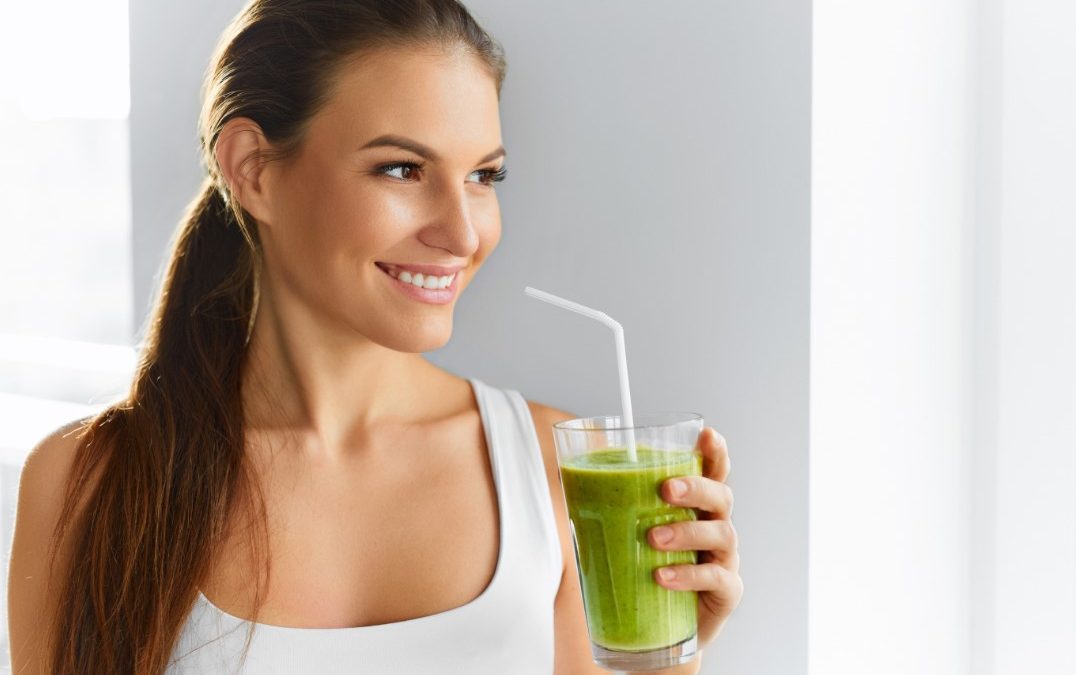BEST FOOD FOR PLASTIC SURGERY RECOVERY
The road to recovery after plastic surgery is often long. What you eat ahead of the procedure and what you consume immediately following the surgery can play a role in how well your body heals and recovers.
The body requires more nutrients than usual to prevent infection after surgery and promote quicker healing. The right nutrition helps reduce swelling and wards off infection, inflammation, and pain.
It is possible to support your body by making healthy diet choices and reducing your recovery period. Surgery can place stress on the body, but the proper nutrition will reduce your risk of infection and possibly lessen scarring.
Eating a variety of whole foods is the best way to help make sure your body gets all of the vitamins and minerals it needs to heal properly after surgery.
As a general rule of thumb, try to eat as many fruits and vegetables (avocado is high in healthy fats and fiber, which can help keep you feeling full and satisfied. It is also a good source of vitamin E, which supports skin health) as possible with at least one protein option (e.g. chicken, salmon, tofu, or tempeh) for every meal. After surgery, your body needs protein to repair and rebuild tissues.
Whole grains like quinoa, brown rice, and oatmeal provide fiber, which helps keep your digestive system moving.
Berries such as blueberries, strawberries, and raspberries are high in antioxidants and vitamin C, which can help reduce inflammation and promote healing.
Pineapple contains an enzyme called bromelain, which can help reduce inflammation and swelling. It is also a good source of vitamin C, which supports healing.
Staying hydrated is essential for recovery after surgery. Drinking plenty of water can help flush out toxins and keep your body functioning properly.
It is best to avoid:
Salt, as it may lead to fluid retention in the body and prolong puffiness or swelling close to the incision site.
Sugar, as it can have a suppressing effect on immune function. They should be avoided as they promote inflammation.

Recent Comments